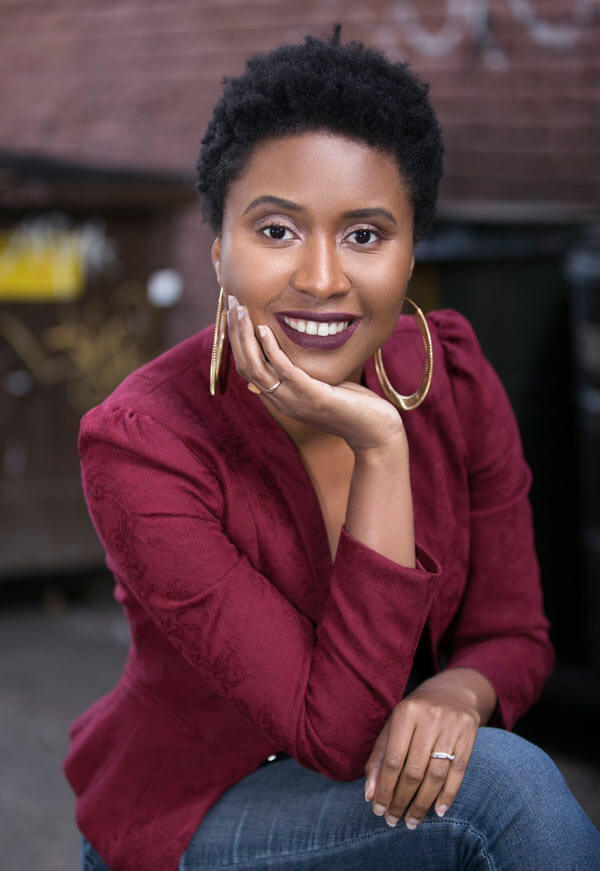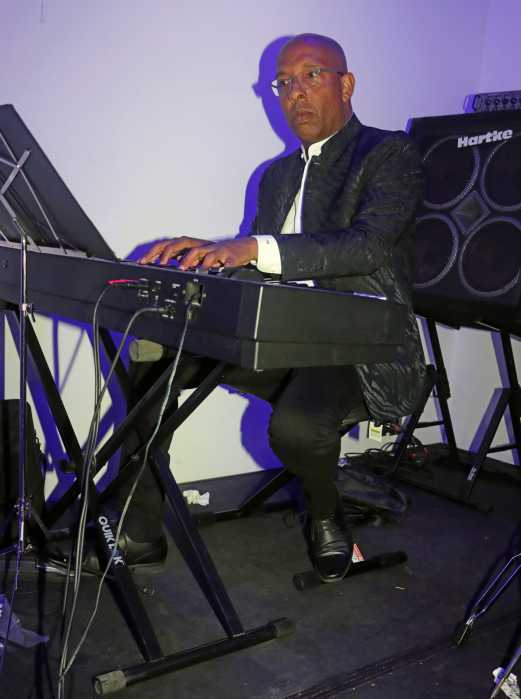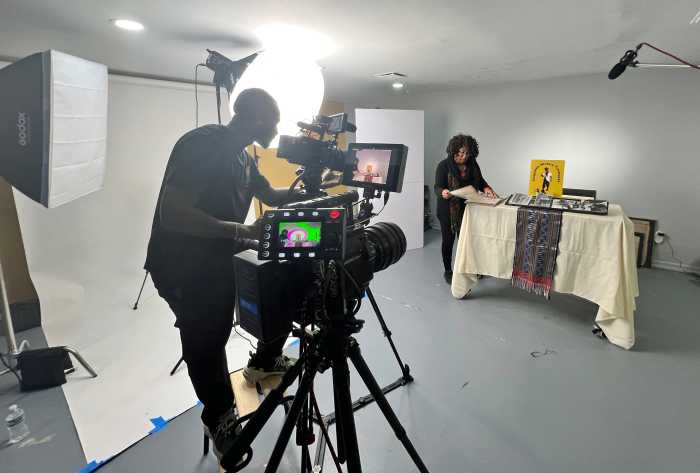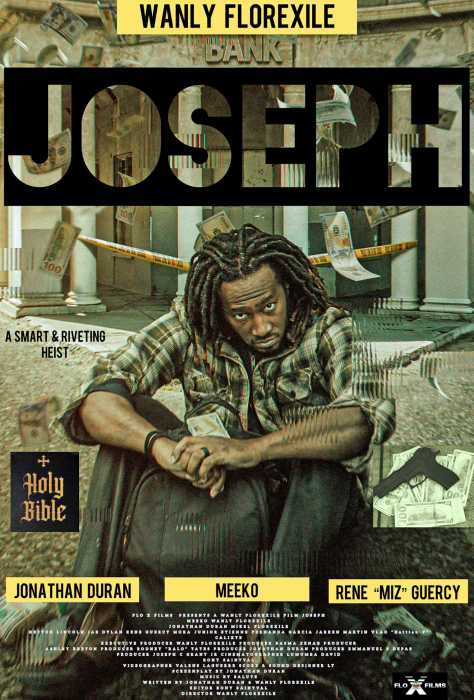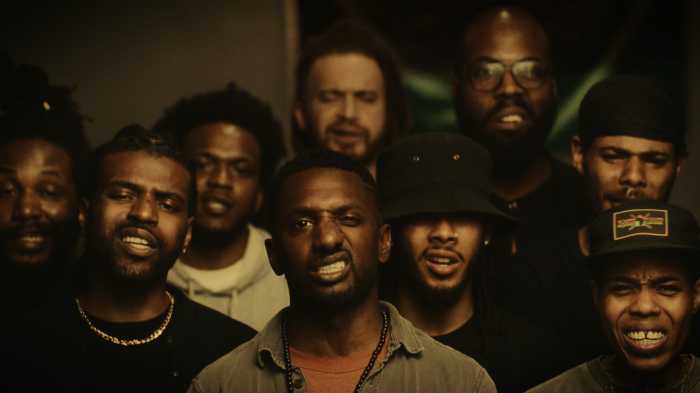Haitian-American filmmaker Francesca Andre is an up and coming creator highlighting important subjects that affects various communities. She does that in her film, “Charcoal,” which is gaining much traction in film industry. In her the movie she approached the topic of colorism and how external and internal effects it has on black women. Having dealt with colorism herself, Andre wants to use her lense to focus on similar issues.
Caribbean Life: When did you get into filmmaking and how did you find a passion for it?
Francesca Andre: I always had a passion for storytelling. As a child, I spent a lot of time with my grandmother who taught me lots of folktales, like “Krik Krak”, and riddles, like “Tim Tim, Bwa Sech”. Storytelling was big part of my upbringing in Haiti; we sang, we danced, we roleplayed. It was just a way to spend time as a family and I am grateful for this gift. Filmmaking felt natural to me. My mind is always racing with ideas, voices, characters, stories – the more persistent ones are the ones that I write about. Charcoal was one of them. I couldn’t escape it. I woke up around 3 am with the idea. I was inspired and felt unapologetic about it, so I knew I had to write and create it.
CL: Explain why did you want to create a project about colorism, and how does “Charcoal” help you tell that story?
FA: I know so many stories about colorism, skin bleaching, about hating one’s hair. I wanted to tell a story that shows how self-hatred is taught and can be unlearned. I wanted to tell a story that shows the trauma, the damage to one’s self-worth, but the victory as well. Charcoal is about facing this world and being bold enough to love who you are.
CL: “Charcoal” will be screened at several stateside and international film festivals, tell me how excited you are about your film gaining more audiences?
FA: I am grateful. This is a low budget film. I shot it myself and my husband, Gustavo Azael Torres, edited the film. It’s a project of love that I could not have done without the talents of Chengu Kargbo, Lorry Francois, Kweta Henry, Heather Smith and Khamaly Bryan. They gave this project their best. It’s a positive, triumphant film that young girls and women of color should watch.
CL: And are there any other film festivals you are hoping to pick up your film?
FA: Yes, my goal is to continue submitting “Charcoal” to many different film festivals. I am open to any festival that is willing to show the film.
CL: Compared to other films tackling the subject of colorism (Dark Girls, Light Girls), what makes your take on it different?
FA: “Charcoal” shows the generational cycle of colorism, from the perspective of a young child, a teenager, and a mother. It shows how self-hatred is taught and can turn into a vicious, self-perpetuating pattern. I haven’t seen “Dark Girls, Light Girls,” but I do think these topics need to be explored more, as these traumas continue to haunt us as a people.
CL: As a filmmaker what is most important for you when viewers watch it?
FA: I hope they feel empowered. “Charcoal” is about taking your power back. It’s about self-love.
CL: How long did it take you to complete the film?
FA: It took about three months. The editing process was the longest.
CL: Do you plan on expanding on the subject more in the future?
FA: I probably will. My next project is explores depression, but my feature film will touch upon colorism.
“Charcoal” will be making a premiere at several upcoming film festivals starting this month until the end of year. They include the Trinidad and Tobago Film Festival (Sept. 20 and 22), Silicon Valley African Film Festival (Sept. 29–Oct. 1), Yonkers Film Festival (Nov. 3–8), and it is going international to Kenya’s Slum Film Festival (Oct. 1–27).


